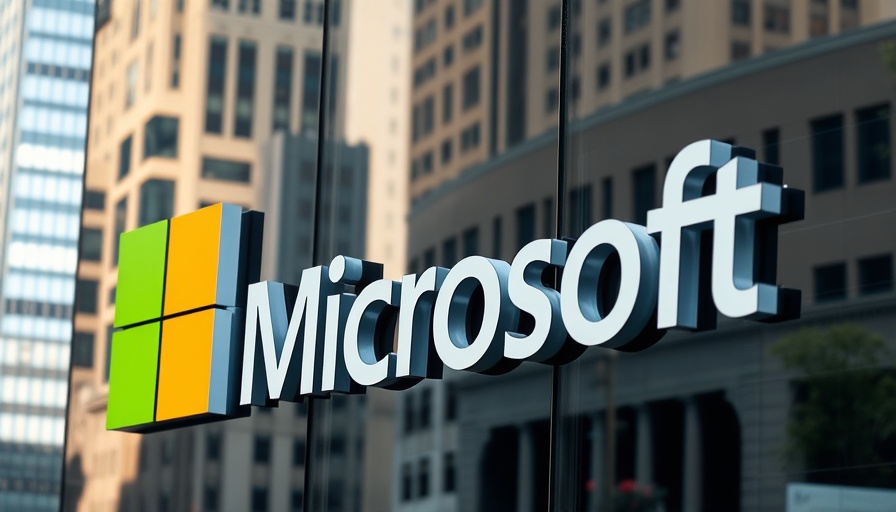
Is Microsoft’s Recall Feature Really Just a Digital Spy?
Microsoft recently announced the rollout of its Recall feature, which captures screenshots of user activity at frequent intervals. Positioned as a convenience tool, it has sparked heated debates surrounding user privacy and data security. While proponents may argue that it enhances productivity, many users are concerned that this tool serves more as a surveillance tactic than a genuine utility.
The Implications of Automated Surveillance
What happens when a tool designed for efficiency intersects with privacy violations? The implications can be significant. Users of Recall unknowingly risk exposing sensitive conversations and private interactions, as it archives their digital footprint in a searchable format. Anyone who engages with a Recall-enabled user may find their communications captured and documented—raising questions of consent and privacy.
Once Trusted, Now Monitored: The Shift in Perspective
In an age where data breaches are commonplace, the introduction of Recall has many professionals questioning the trustworthiness of their digital environments. Middle-class families, homemakers, and retirees are particularly concerned about how surveillance could impact their personal lives and communication. The notion of "opt-in" does little to alleviate fears that a tool meant for convenience could facilitate monitoring from either corporate entities or malicious actors.
The Larger Picture: Surveillance as the New Norm?
This tech-driven era necessitates vigilance regarding privacy practices. The rise of surveillance features across multiple platforms indicates a troubling trend—our digital activities may increasingly be exploited or observed without our knowledge. As we define our lifestyle choices based on convenience and connectivity, understanding the potential repercussions of utilizing such features becomes crucial.
What Can You Do to Protect Your Privacy?
Awareness is paramount in this evolving digital landscape. Users must know their tools, demanding transparency regarding features like Recall. Evaluate tools before consenting, and consider digital hygiene practices that prioritize your privacy and that of your contacts. The capacity for Microsoft to capture confidential information calls for a proactive approach to maintaining one's digital security.
 Add Row
Add Row  Add
Add 




Write A Comment